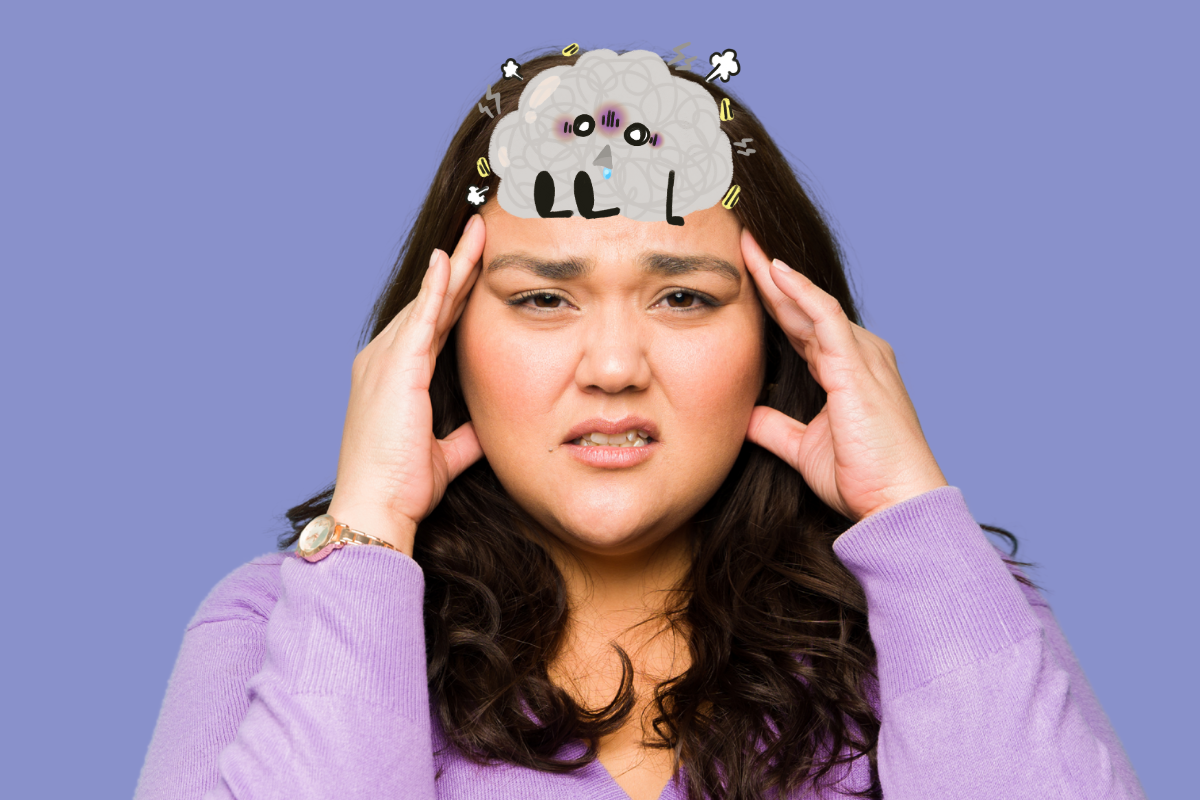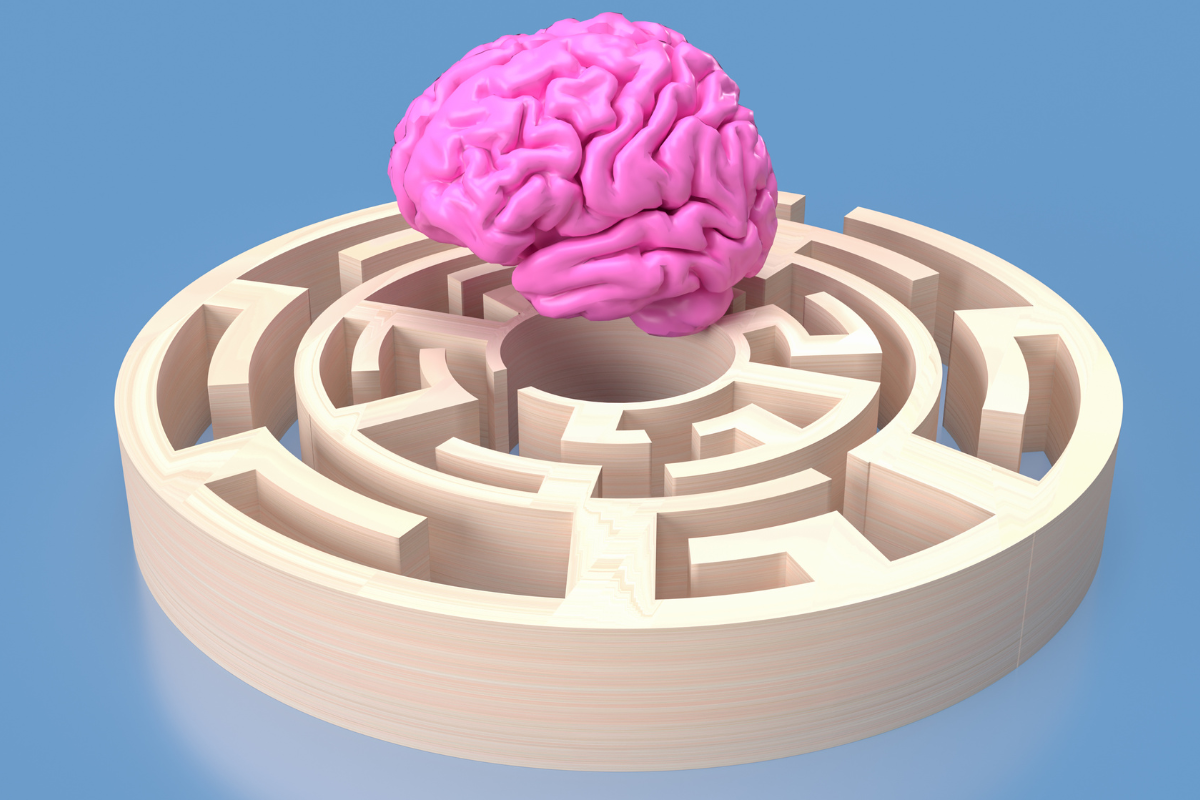Bloggin Noggin

Sweeteners and the Brain: Could “Zero Sugar” Be Quietly Ageing Our Brains?
Most of us have a little dispenser of sweeteners in our cupboard, and likely feel that it's a 'good choice' to sweeten up our tea or coffee in the morning, and reduce our sugar intake.

5 Signs Your Brain is Tired (And How to Reboot)
At Noggin, we believe brain health is the key to how we feel, think and live. That’s why we combine supplements, education and motivation to help you give your brain the daily care it deserves. When you learn to listen to the signs, you’ll know exactly how to reboot.

8 Brain Health Myths You Shouldn't Take Seriously
When it comes to our noggins, there’s a sea of myths, half-truths, and “miracle hacks” doing the rounds online. It’s no wonder so many of us feel confused about what’s fact and what’s fiction.

What Every New Mum Should Know About 'Baby Brain'
“Baby brain” is one of those phrases most of us hear in pregnancy or new motherhood, usually when we’ve forgotten an appointment, lost our keys for the third time, or can’t find the word we’re looking for.

Should we ALL be exercising our brain more?
We know the importance of daily exercise for our body and overall health - but how many of us are following an ‘exercise plan’ for our brain health, too?

Brain Supplements for Focus: Support for our Noggin on Foggy Days
There’s nothing quite as frustrating as sitting down to get something done and… nothing. Your thoughts feel scrambled, your memory’s patchy, and your to-do list is growing faster than your concentration.

How to Improve Concentration Naturally (Especially When Your Brain's at Full Capacity)
How often do you sit down to get started, and suddenly remember that email you didn’t reply to, the name you couldn’t recall in the meeting, and what on earth was the point of this document again? Argh!

How can we ensure we're getting enough Omega-3 for optimal brain function?
Did you know that one of the most important building blocks for brain health is omega‑3 fatty acids? These powerful fats play a key role in how your brain works, how it feels, and how it stays resilient as you age

Why 'Granny-Core' Hobbies Are Great for Your Noggin
Do you have fond memories of your grandmother knitting, or tending to her garden, or telling you about the birds at the feeder when you were younger?

Could Brain Scans Predict Our Future Mental Health?
MRIs are a common and useful insight for clinicians to understand how our body is working. But how would you feel if a brain scan could potentially predict how your mental health might change in the future?

Adaptogens for Stress Support: Harnessing Nature for a Calmer Noggin
Stress is part of modern life. Whether you’re juggling deadlines, caring for family or constantly scrolling through the news, your brain rarely gets a break.

Should you take L‑Theanine for Stress and Focus? Here's the lowdown
If you love the calming effect of green tea, it's likely that it's down to L‑theanine. This amino acid occurs naturally in tea leaves and has gained attention for its ability to reduce stress while sharpening focus.






